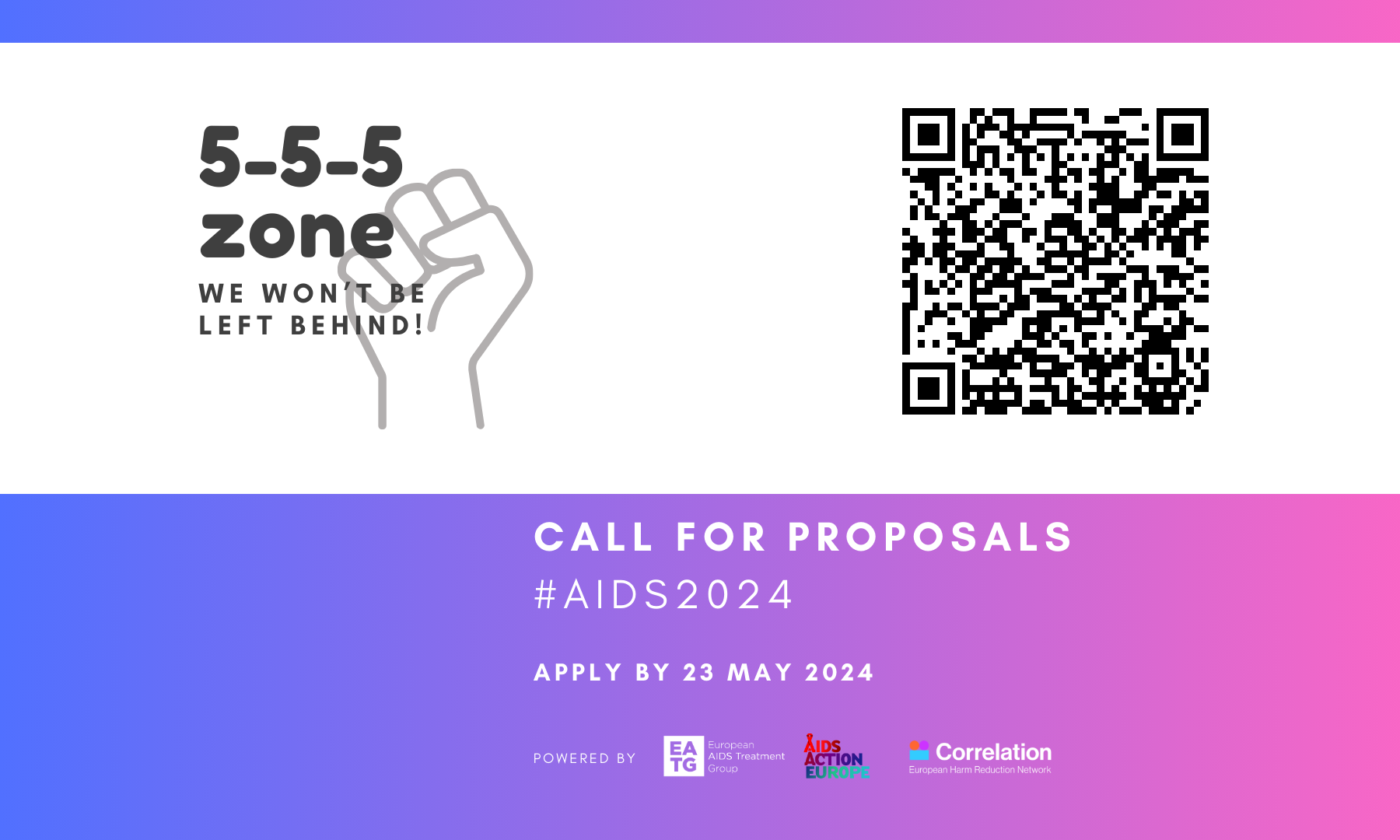
Multiple authors
Following the 5th European Harm Reduction Conference opening session Drug Policy, Decriminalisation: The next global step for Europe?, we recorded the 2nd episode of C-EHRN Podcast Series. Our guests discussed why there are still too few countries taking the bold step of decriminalisation even though it is proven that it works?
Why are policymakers still addicted to prohibition, and what steps would be necessary to get them to rehab?
“I think the challenge is how different demographics of the population are involved in electoral politics. Older people with conservative backgrounds are more prominently voting, and younger people feel increasingly disillusioned with politics and struggle to engage. This creates a bias.” said Mat Southwell.
The Drug Policy Reform Session has centred on the decriminalisation of drugs. However, the work of Harm Reduction sits at the intersection of various movements. Many of the communities harm reductionists work with and belong to have also been criminalised through other legal frameworks: e. g. the criminalisation of sex work, migration, sexuality and reproduction (e.g. abortion) or poverty, just to name a few.
What are mutual aid practices and support across movements still necessary to support broader decriminalisation processes, in your opinion?
Our session guests were Jochen Schroot of VAD – the Flemish centre of expertise on alcohol and other drugs, Iga Jeziorska of Youth Organisations for Drug Action (YODA), Mat Southwell of European Network of People who Use Drugs (EuroNPUD), Maria Plotko of Eurasian Harm Reduction Association (EHRA) and Olga Belyaeva of Eurasian Network of People Who Use Drugs (ENPUD).
Enjoy listening to their conversation, and share your thoughts with us!